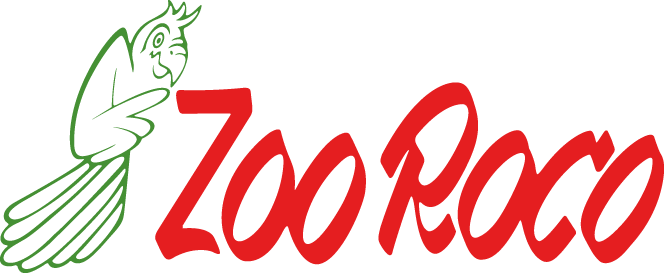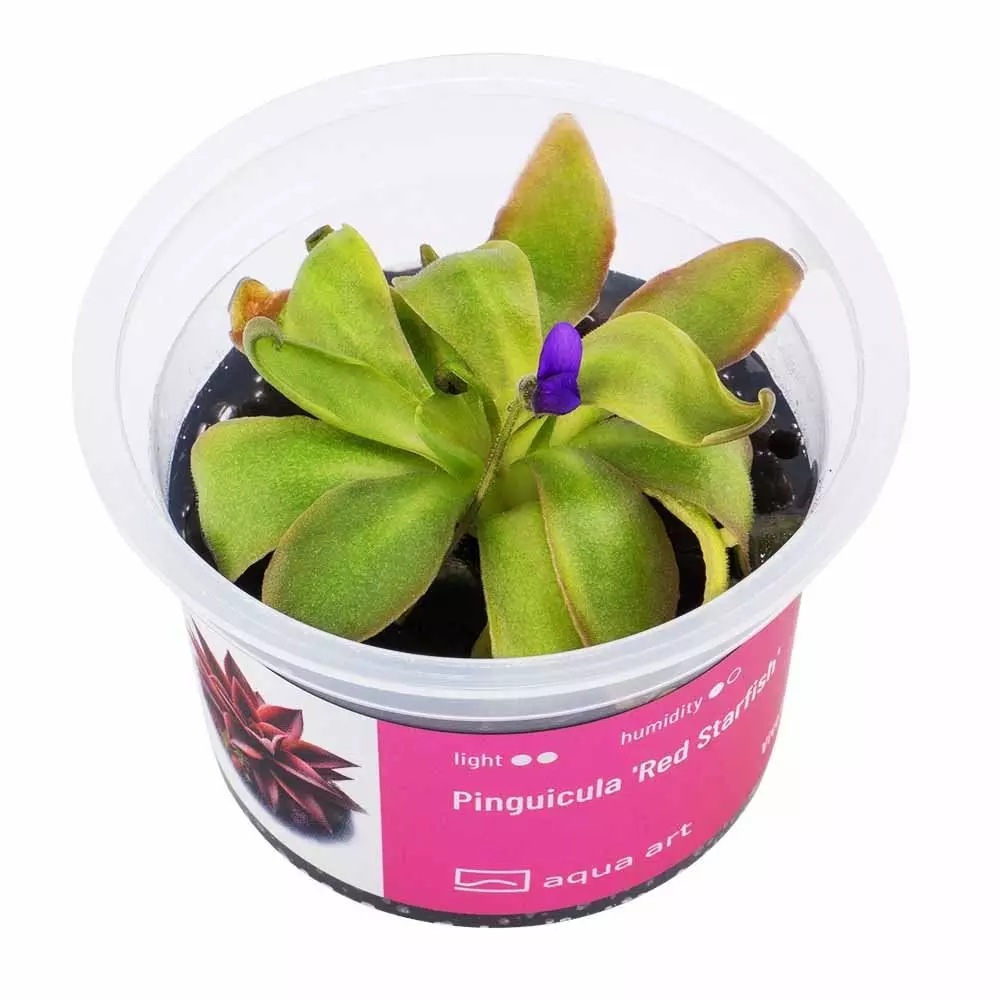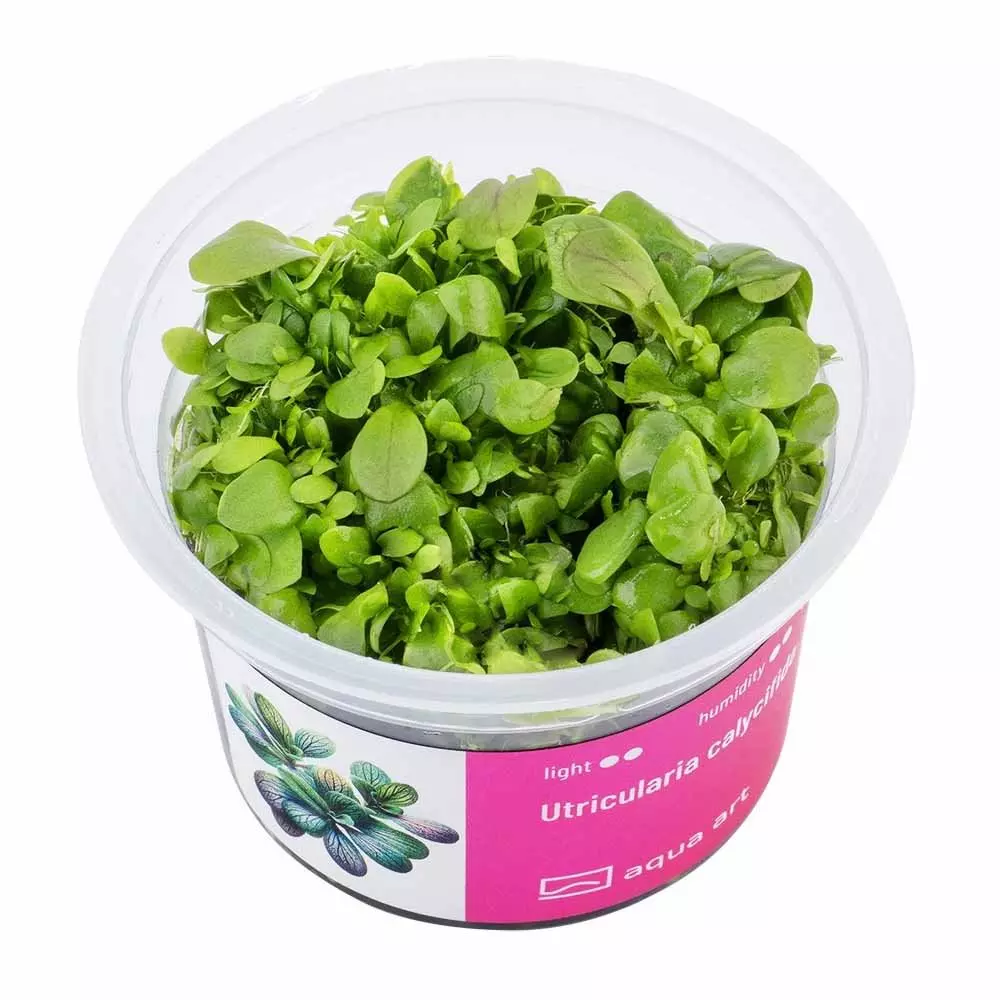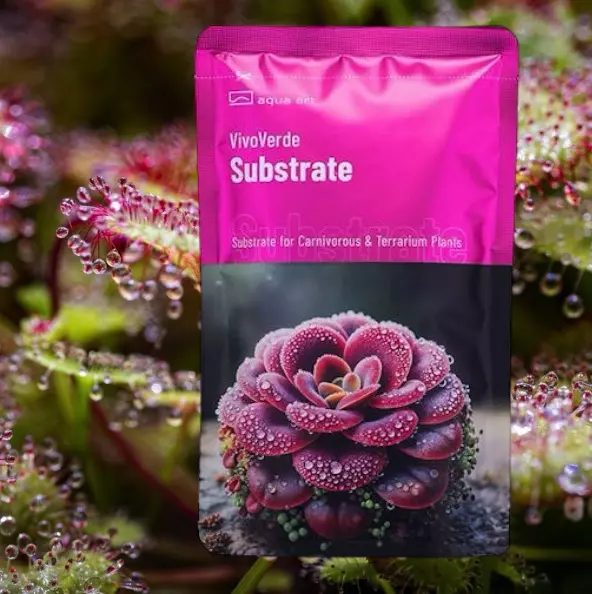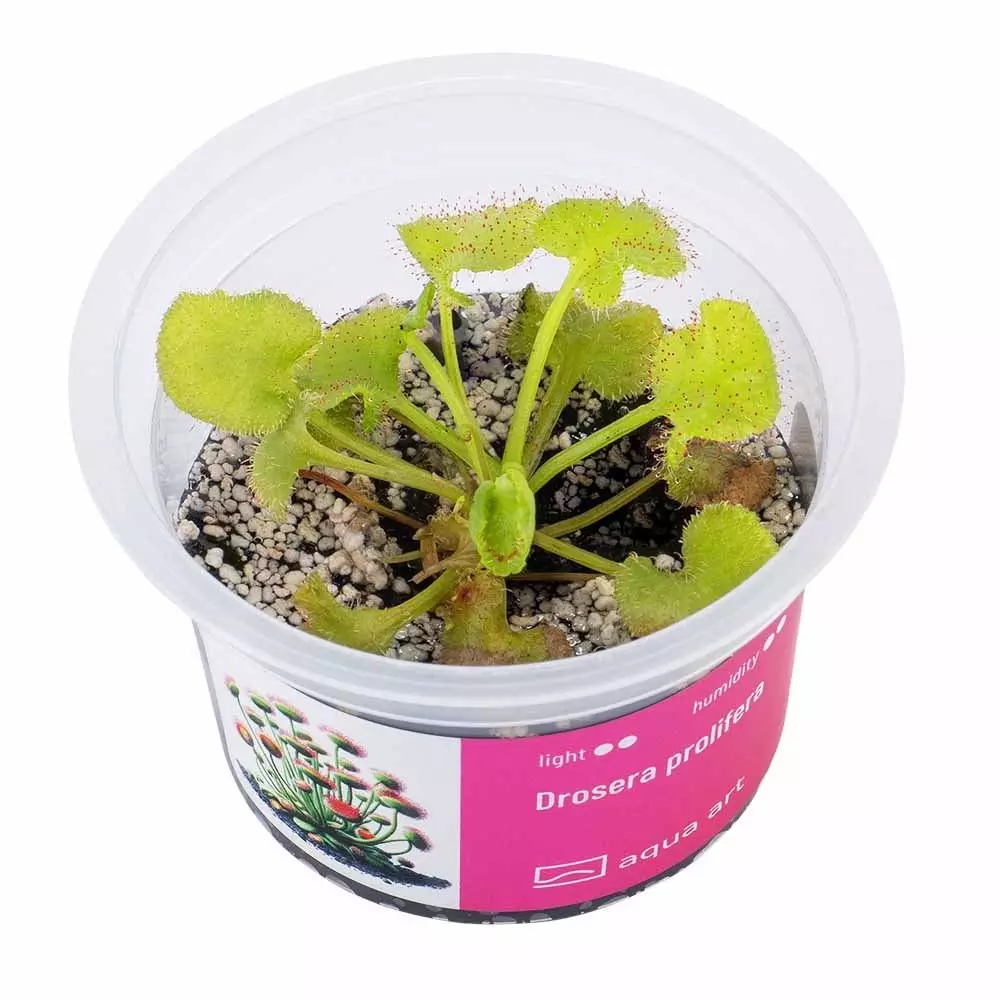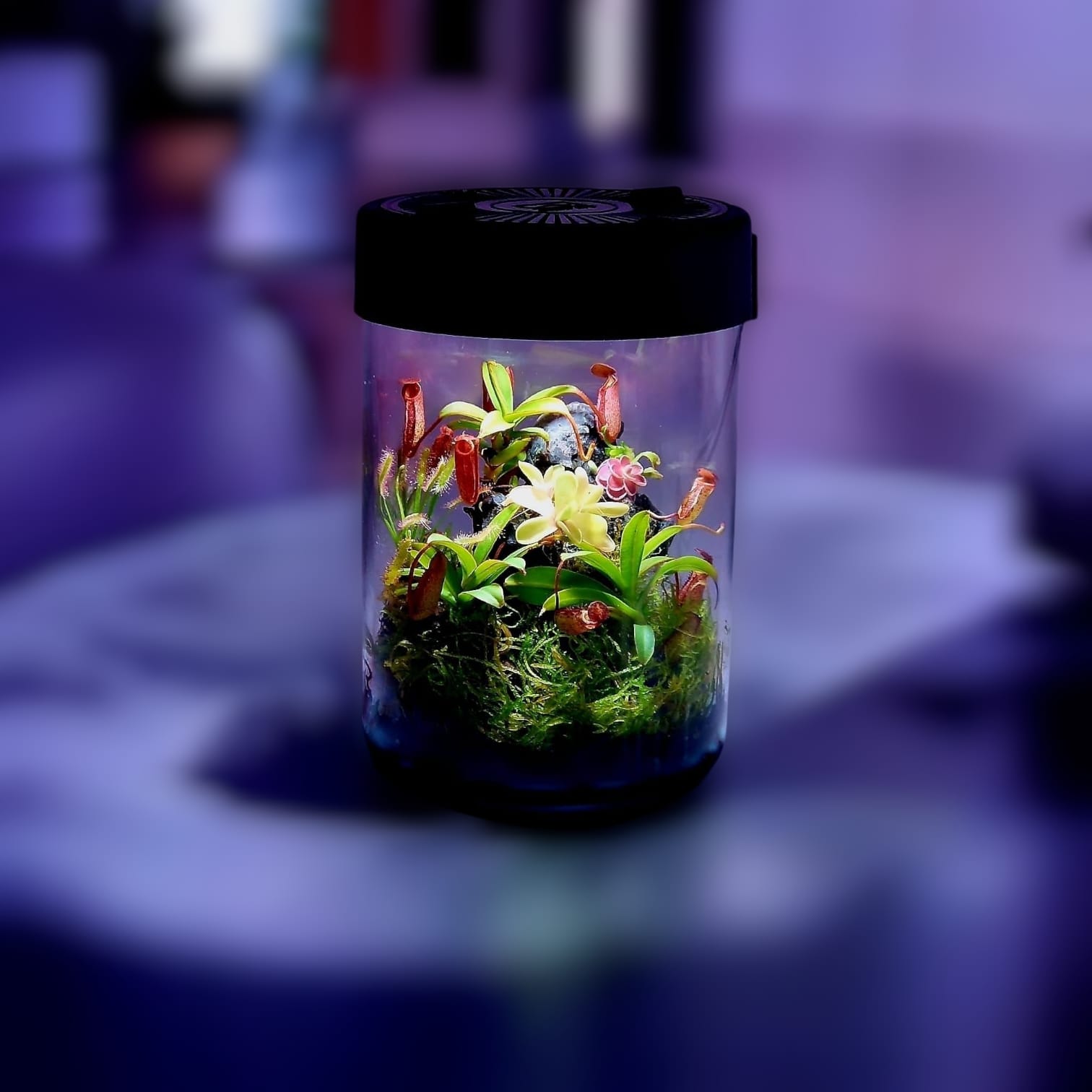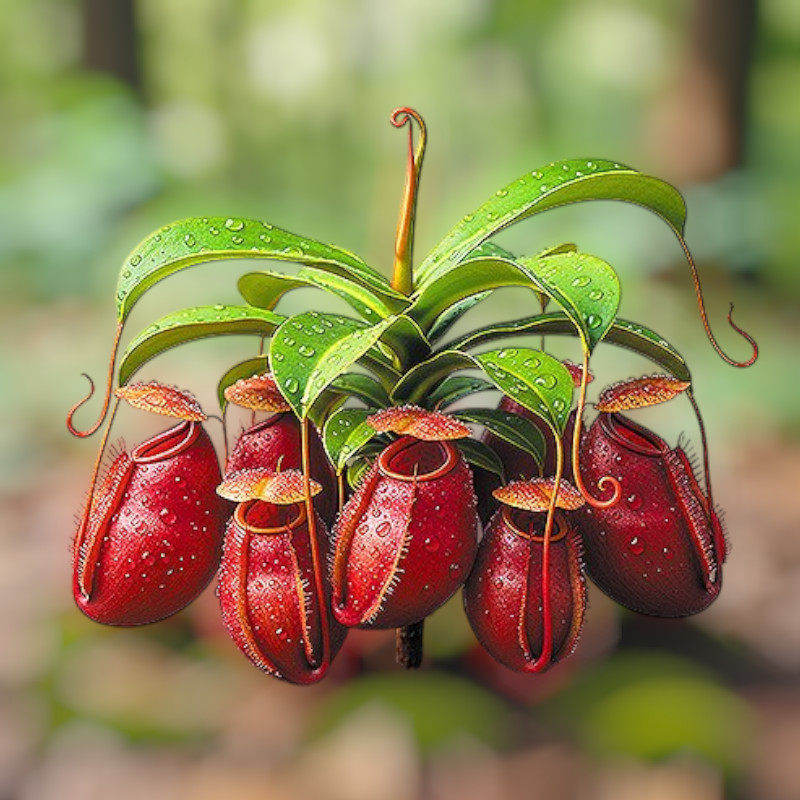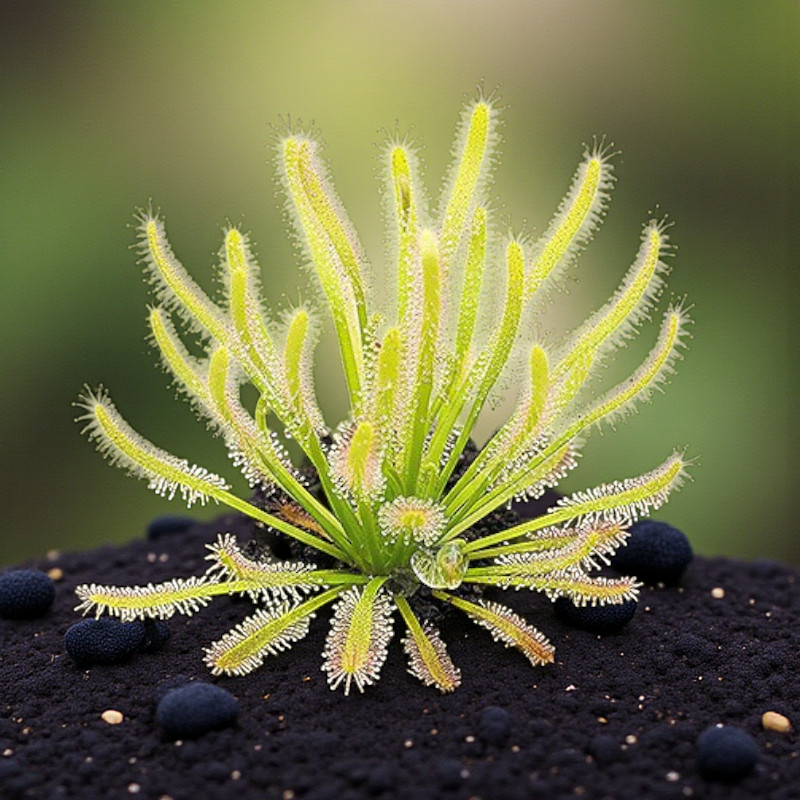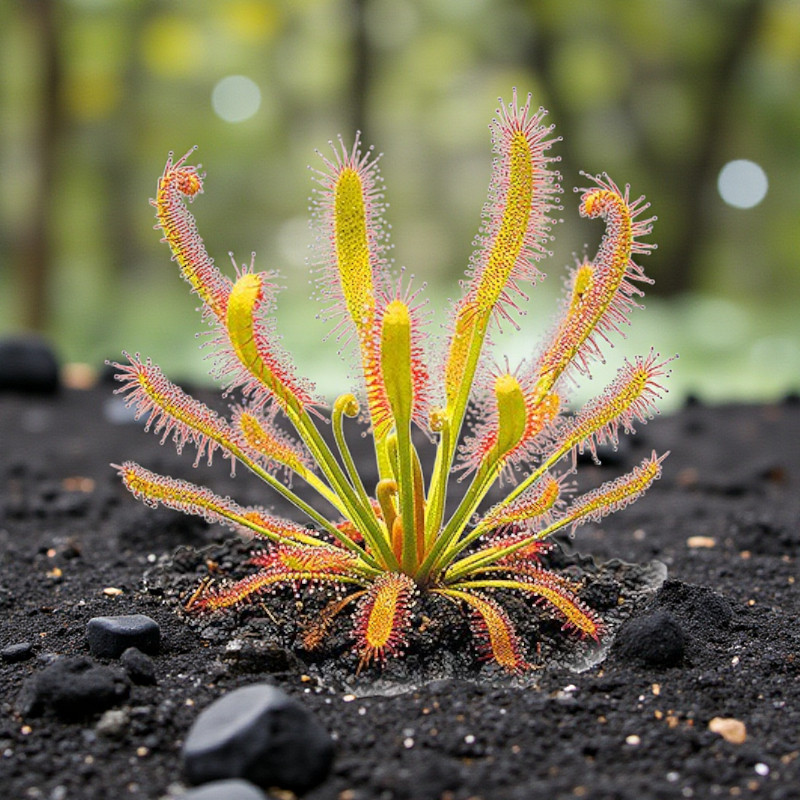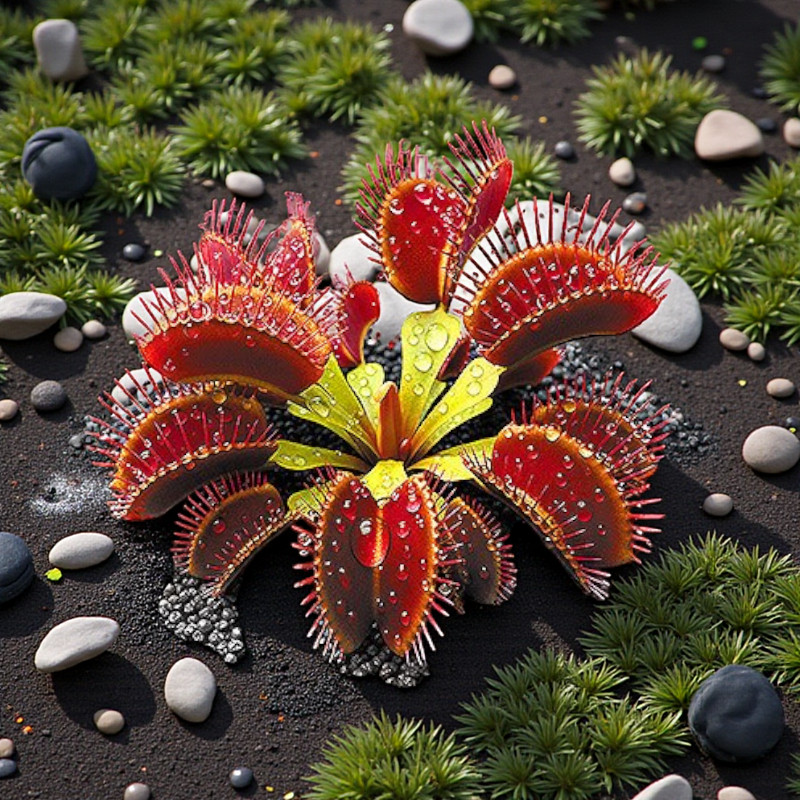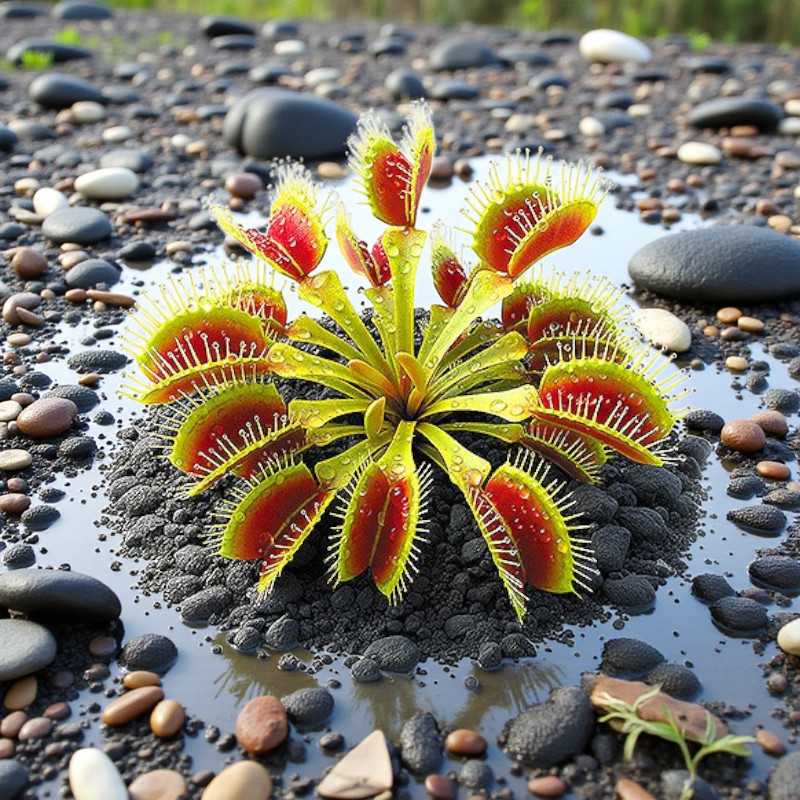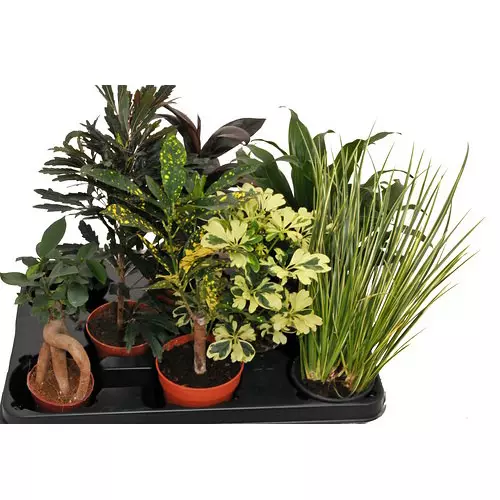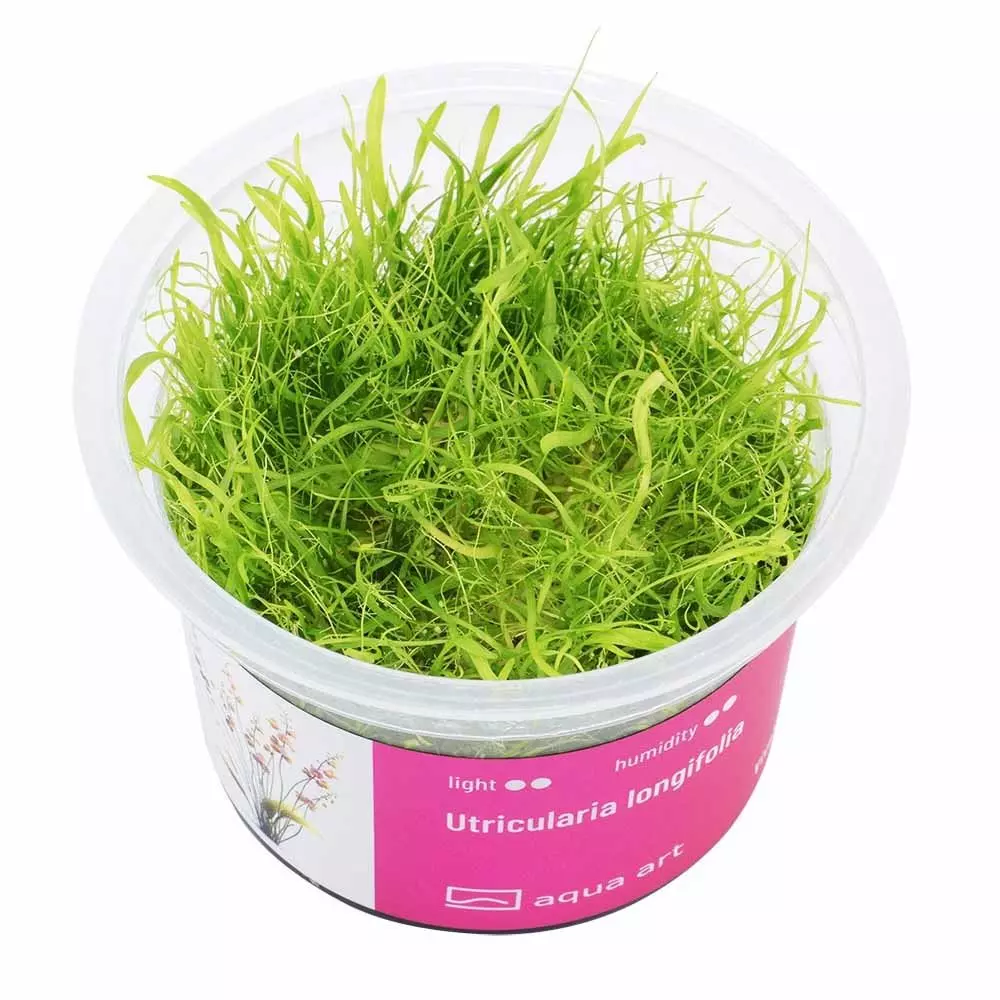















CHF 9.90
Stock: 0
Available in 1-3 days, acquisition time 14 days

Carnivorous plant - Utricularia longifolia
- supplied in an in-vitro pot
- Height up to 30 cm for the adult plant
- Full sunlight to partial shade
- Humidity: 70-80 %
- Temperature: 15-30 °C
- Flowers all year round
Utricularia longifolia is a large carnivorous plant that can grow up to 30 cm tall. The leaves are dark green, the beautiful flowers are purple with fine white veins.
Light:
Full sun to partial shade - requires at least 6 hours of direct sunlight per day.
Substrate:
A well-drained mixture often consisting of peat, perlite and sand.
Feeding/fertilizing:
Avoid fertilizing the substrate! The plant gets all the nutrients it needs from the prey it catches or eats.
The humidity should be between 80-90%.
Tolerates a wide range of temperatures, prefers a temperate to warm climate.
1 of 1 reviews
5 out of 5 stars
Login
22 January 2025 18:41
Kräftige Pflanze
Super starke Pflanze mal schauen wie sie das verpflanzen verkraftet. Nur regenwasser oder osmose, braucht torf mischung und immer Nasse füsse. Nicht winterhart
Customers also bought
Similar products
Customers also viewed
